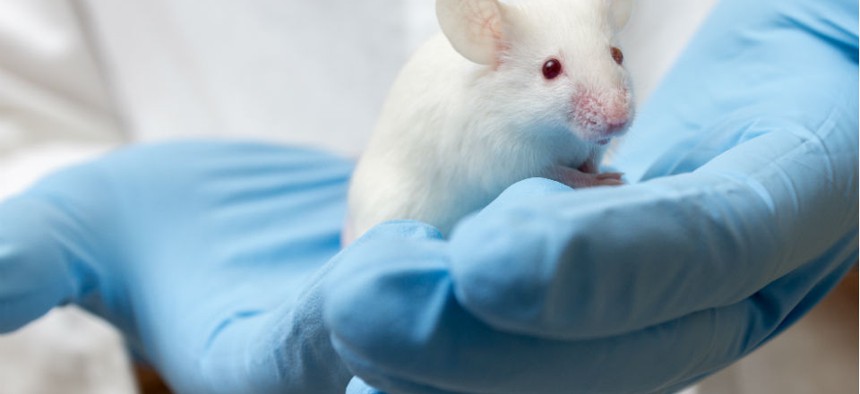
Mirko Sobotta / Shutterstock.com
NIH Is Curious About Differences in How Male and Female Mice React to Drugs
$10.1 million study will give 82 grant recipients the opportunity to study whether or not drugs, treatments, and diseases influence the sexes differently.
Is there a difference in the way males and females react to certain types of drugs? That's the latest question the National Institutes of Health is trying to answer.
A new $10.1 million study will give 82 grant recipients the opportunity to study whether or not drugs, treatments, and diseases influence the sexes differently. Specifically, researchers will look at how basic immunology, cardiovascular physiology, and behavioral health affect populations of male and female mice.
Dr. James M. Anderson, the director of the NIH's Division of Program Coordination, Planning, and Strategic Initiatives, said that he hopes the results of the study will shed more light on how scientists should carry out medical research in the future.
"By making strategic investments that incorporate sex into existing funded studies, we are paving the way for researchers to better understand when sex matters in their research,” Anderson said in a NIH press release that was released on Tuesday.
According to The Verge, the majority of medical research has been done on males, something that reflects both a higher prevalence of males in research positions and the debunked theory that hormonal changes in females could affect test results.
(Image via Mirko Sobotta/Shutterstock.com)
NEXT STORY: Wait, Do You Really Need to Print That?






